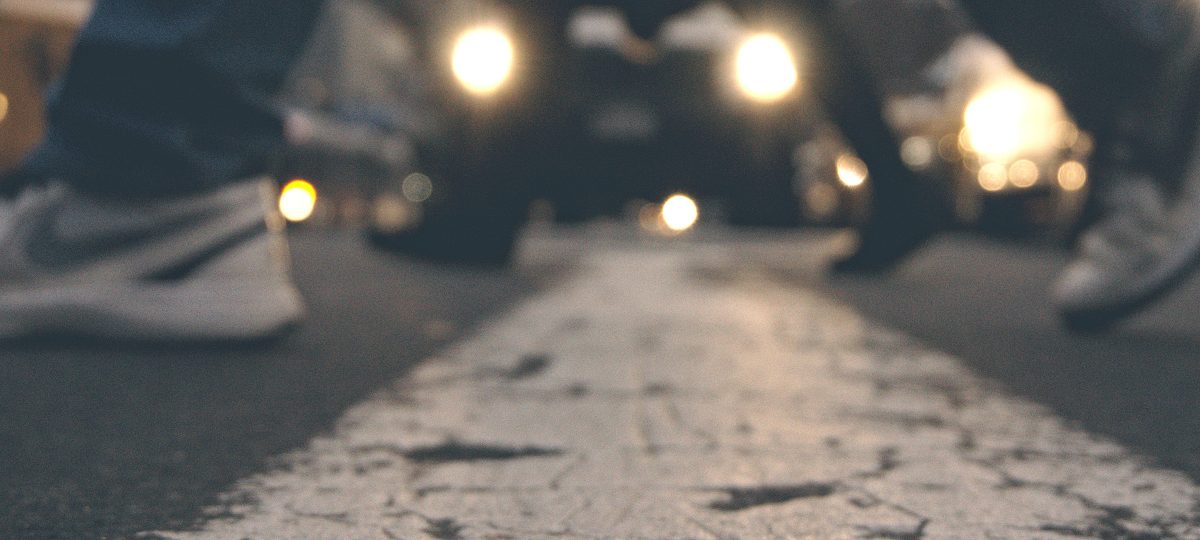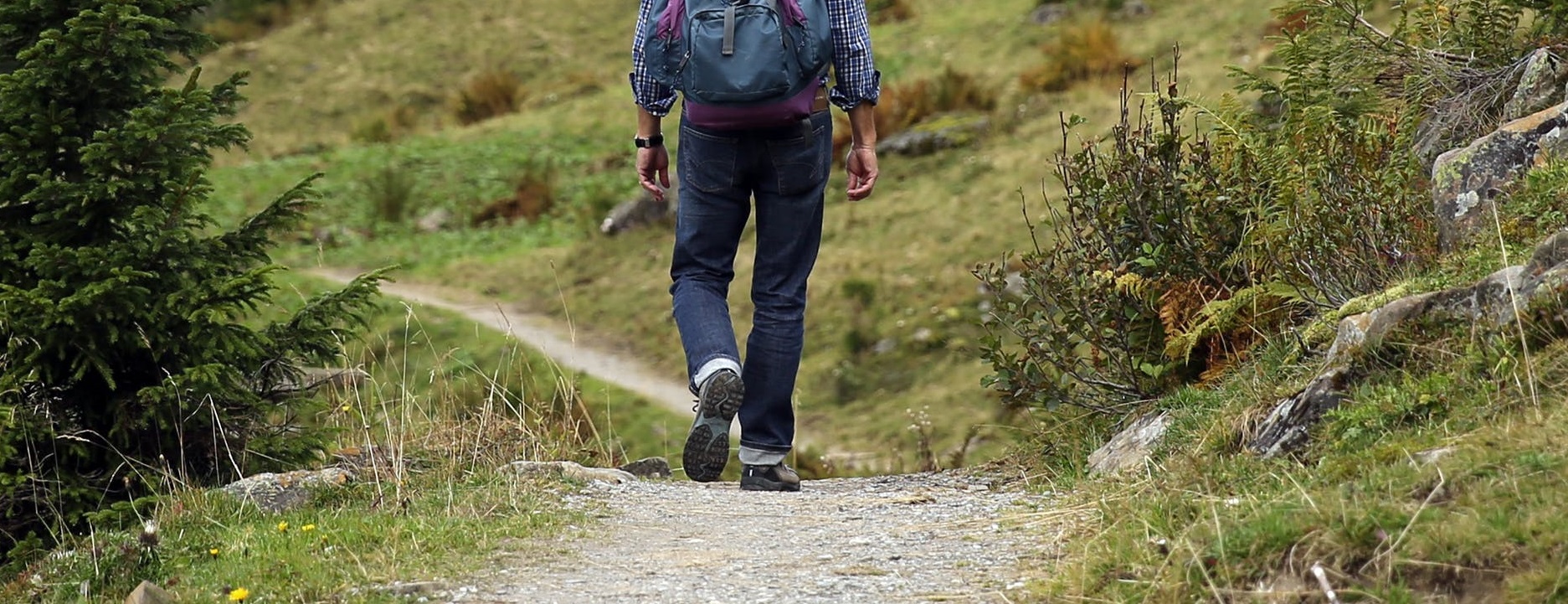I am an advocate of walking. I mean both the doing of the act and the contemplation of it. I am a run commuter primarily, a racer too, and a companion of the dog as she does her business. I also appreciate, and I would like to celebrate, the meandering, pointless walk, whether solo or with society, surrounded by nature or across the city. When I run commute to work, race a half marathon, or take out the dog, I have a purpose, and that makes all the difference — it is like watching a movie as a critic, taking notes in order to comment intelligently. Yet when I am enjoying an aimless prowl, with no destination despite the menace of the term, I can approach a satisfaction about life, if even a temporary respite from whatever otherwise demands attention, that is all the better for being vigorous, engaged with a world of sights, sounds, smells, even the touch of the sun and the wind, without being motivated otherwise. It would be a shame to lose that ability to be active and idle at once.
For all I care about the run commute, a central component of my identity since I took it up, I acknowledge its limits. The run commute has a definite beginning and a certain end. It is a break between the comfort of my home and the necessity of my office. During its course, I pass from relaxation in the exertion, to anticipation of earning my living, adding value as if moral worth could be crassly calculated, responding to others who would impose their wills, and in that transition I feel how desperate my life is, like everyone else’s. Running is free. It is fleeting.
Henry David Thoreau would understand and perhaps be unsympathetic. The great American Transcendentalist author; an abolitionist native of Concord, Massachusetts, mentored by his neighbor Ralph Waldo Emerson; assigned on the high school syllabus to modern youth who believe they have thought up “civil disobedience,” wrote a sublime essay about “Walking.” He had spent two years, two months, and two days at Walden Pond, setting down his thoughts to share, in a book that can be reread repeatedly to inspire an examined life, and he rambled about the wilderness to his benefit and ours. After that, he penned “Walking,” which was published posthumously, the author having expired from the tuberculosis which had troubled him intermittently for his brief stay on this earth. Anyone who wishes to honor walking must become familiar with Thoreau’s regimen and reflections. He is the definitive American walker.
Thoreau was sincere, not sarcastic, in describing how for health and spirits he needed “four hours at least” in the art of saunter every day. He traveled “any number of miles without a road” in a nation not yet united by the transcontinental railroad, nurturing the “savage within” as he studied seeds and the propagation of plants. He was spiritual in these wanderings. He was resolutely American, facing the frontier rather than Europe. His first book had been a failure. It told of a week long boat trip with his late brother. His style is peerless. An imitator — or Thoreau himself for that matter — likely would have difficulty persuading an editor to publish these pieces unique in substance as well as tone, what with a poem inserted in the middle of what must seem silly for being committed, though his humor is lost on us (in Walden, for example, he parodies Ben Franklin).
A study of Thoreau impresses the reader with how integrated his actions were, as a natural philosopher who knew no separation of science and humanities: his published writing was based on journals and letters, which also were based on lectures and conversations, back when entertainment was, if not private, then public within earshot, but not broadcast for lack of technology. Everything was “live” in the best sense; there was no recording. The exertion of the body was essential to the output of the mind. These phenomenon could not be distinguished in the false dilemma between the physical and the mental. The aspiration to a meaningful existence is about the best any person could express.
A century later, Annie Dillard appeared as an heir to Thoreau. Her memoir, Pilgrim at Tinker Creek, came early, as she was only establishing her independent personality; it was about her sojourn, just past the edge of the Roanoke, Virginia suburbs, as original as Thoreau’s retreat to a pond. Married to a college professor of hers, apparently not wholly happily, but with a cat in tow, she called herself a “poet and walker with a background in theology and a penchant for quirky facts.” She, too, kept a journal about the abandonment of domesticity, blending walking and seeing and experiencing, and, subsequently, writing. Watching, then recalling for the benefit of the reader so vividly as to reproduce the direct observation in the mind’s eye, a giant water bug suck the innards out of a frog too dazed to comprehend its impending demise, before the insect glided away from beneath its meal, she more than matched any literary progenitor in raw spirituality. She has since continued to offer insights about how to conduct yourself, internally and externally.
Thoreau and Dillard exemplify what I can only gesture at. For them, walking is the same as writing. To walk is to prepare to write, and to write requires the walk. The writing is, more than once, about the walking. These are not academics enfeebled by books. These are individuals immersed in an environment that is rendered tangible by the verbal representation. Aristotle and Socrates, peripatetic in the public square, lecturing to students who followed them, were walkers who happened to be teachers as well. The hobbit Bilbo Baggins, fictitious though he may be, discovered the world beyond the Shire, an idealized English village, and the world within himself, a sturdy fellow with furry feet, on a journey “there and back again.”
Rhetoric has power. To write is to be convinced of that reality. To walk is to urge yourself forward. A walk is not abstract.
The run commute is an obligatory version of the walk. It is practical, professional to a fault. It is not the same as the stroll, the march, the promenade, or the expedition. The other forms of the walk deserve praise in their own right. These are all about much more than transit; they are about our realization of ideals.


